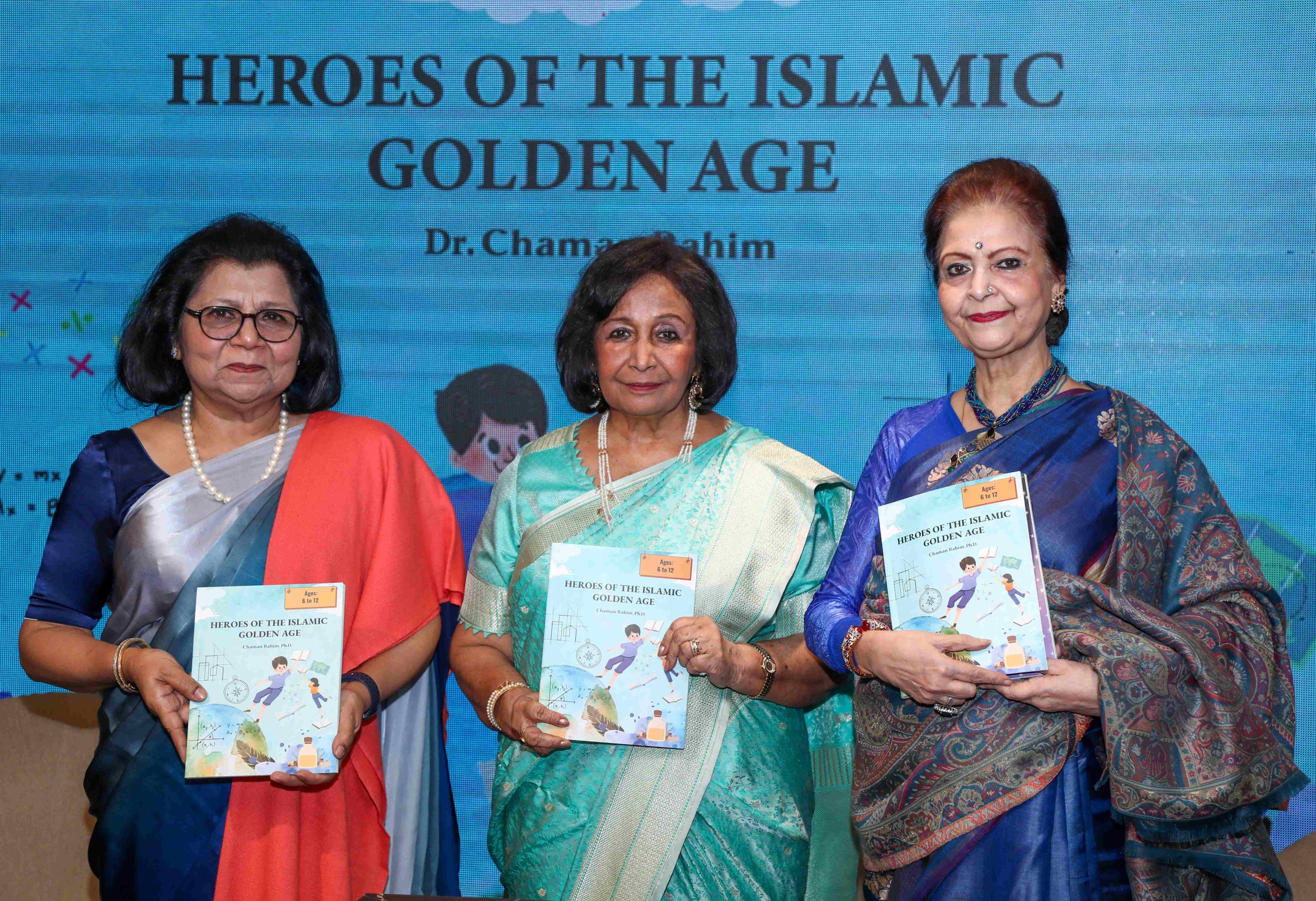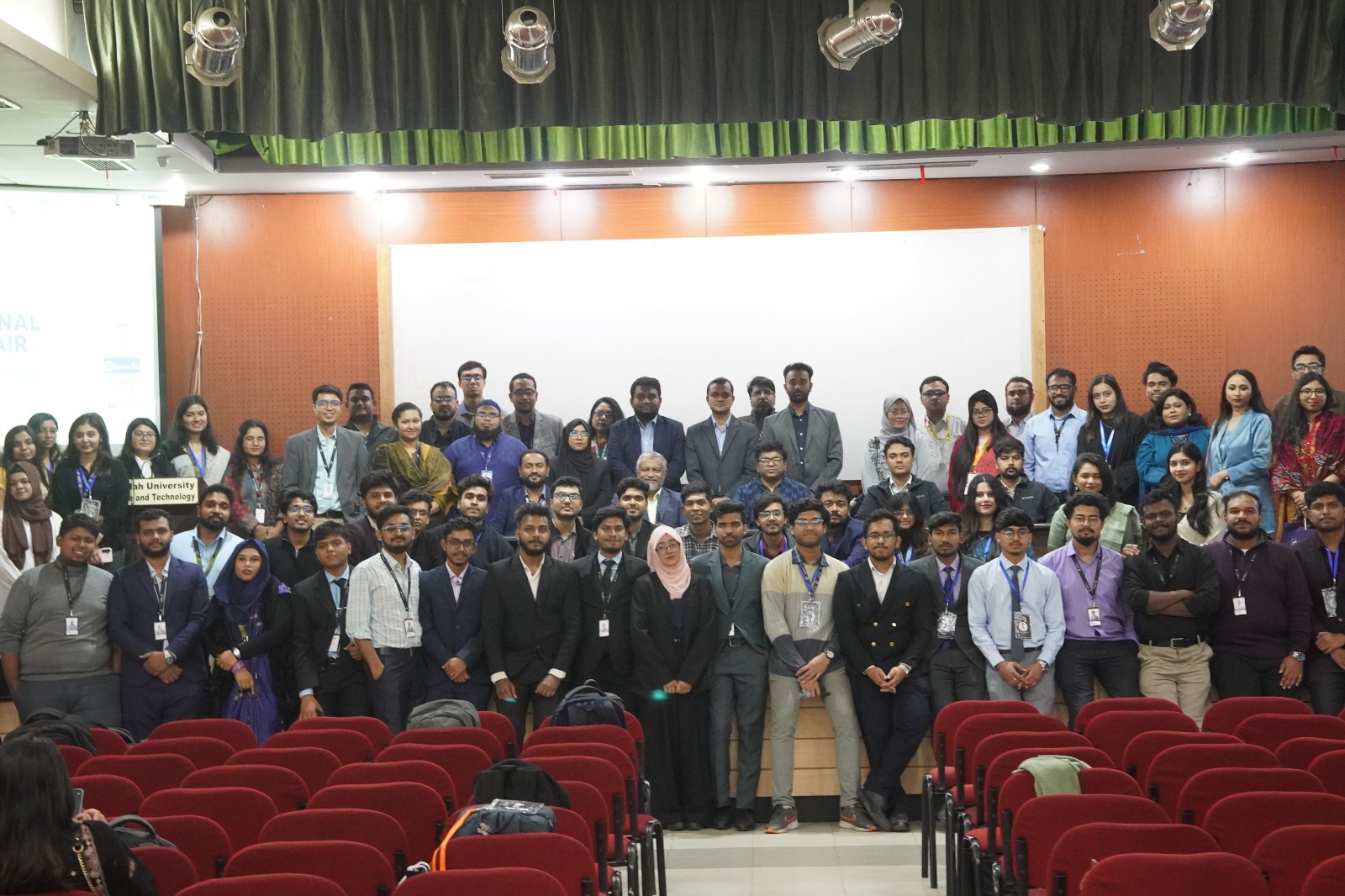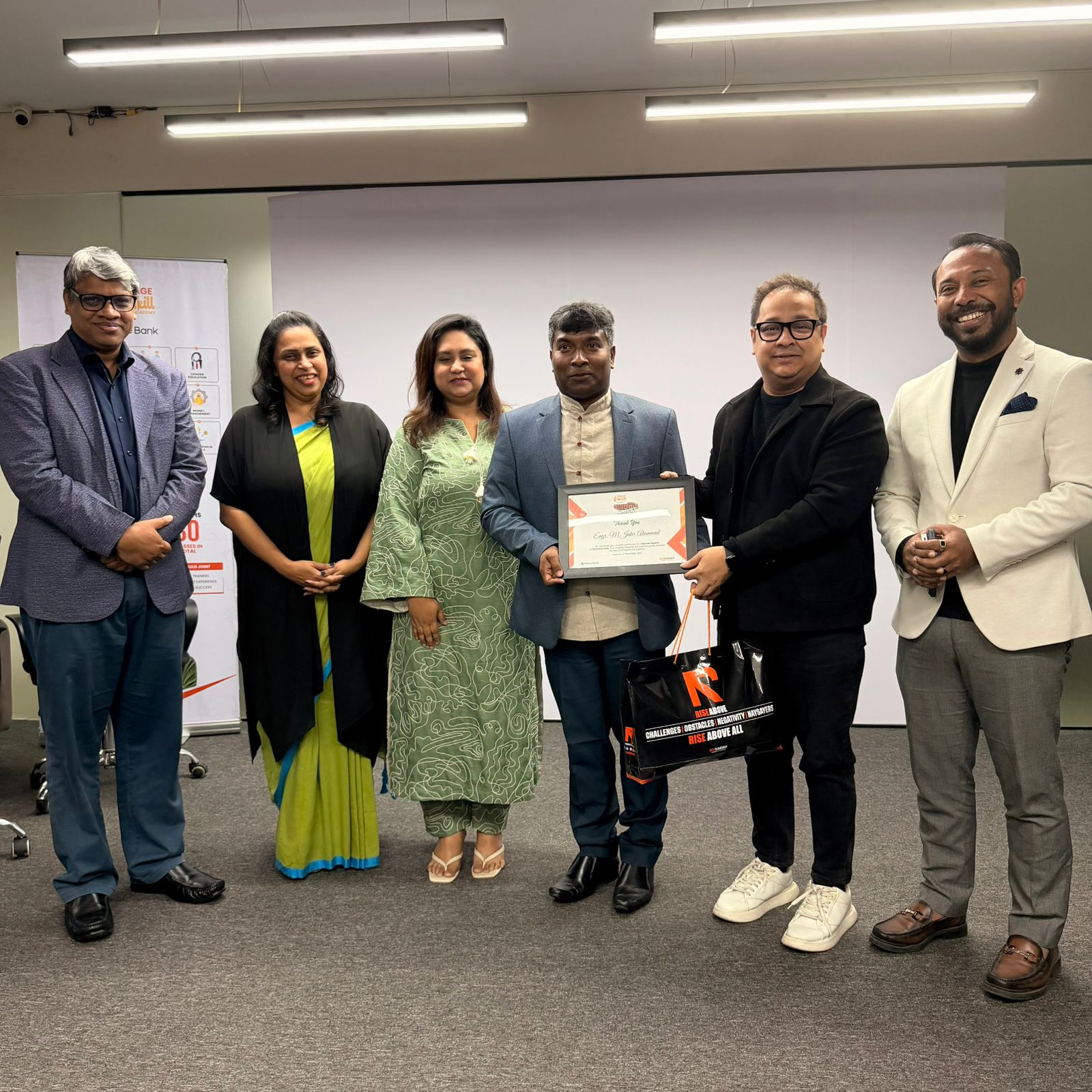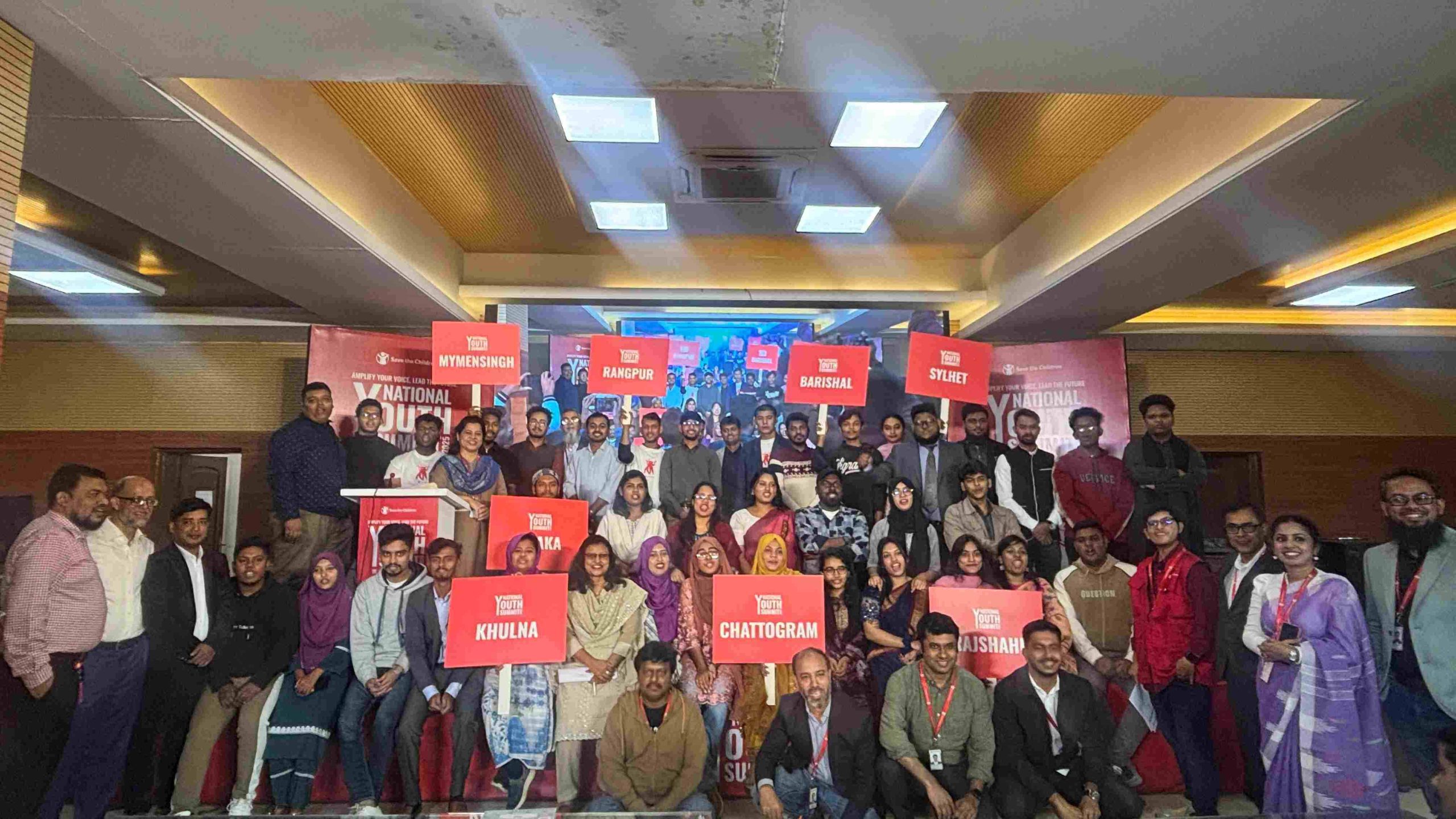Learn how countries balance development and climate action through collaborative practical solutions.
Developing countries often face the harsh effects of climate change regardless of their minute emissions. This course, ‘Climate Change Mitigation in Developing Countries’ delves into this complex challenge, focusing on the delicate balance developing countries must strike between economic growth and climate-friendly policies. With the help of real-world case studies from Brazil, Chile, Colombia, Peru, and South Africa, individuals explore a collaborative approach where academic researchers and societal leaders co-create knowledge to drive sustainable solutions. Furthermore, mastering facilitation techniques to understand energy modelling, scenario building, or policy innovation becomes effortless with the practical tools and insights offered for passionate climate enthusiasts. Whether they are climate change practitioners, working in development, or simply curious, this course provides insights into the complexity of how countries from the South pursue development goals while addressing climate mitigation.
Module 1
Complexity of Climate Change Mitigation
This module introduces the concept of ‘super-wicked’ problems, focusing on the intertwined challenges of climate change and development. It highlights the complexity of addressing these issues simultaneously and emphasises the need for collaborative, innovative approaches. Drawing on the MAPS community experiences in Brazil, Chile, Columbia, Peru, and South Africa, the module explores practical experiments and theory of change to guide responses to these pressing global challenges.
Duration: 2 hours
Readings: 4
Videos: 6
Assignments: 1
Module 2
Mandating and Co-Production of Knowledge
This module focuses on the systematic approach to addressing climate mitigation and development, emphasising the importance of driving change through the co-production of knowledge. Collaborative knowledge creation among key actors in the system can lead to meaningful action and transformation. The ‘Scenario Building Team’ is central to this approach, which is pivotal in generating insights and guiding interventions. By delving into these aspects, the module offers practical tools and frameworks for fostering collaboration and innovation within complex systems to address climate and development challenges.
Duration: 2 hours
Readings: 1
Videos: 8
Assignments: 2
Module 3
Mitigation Action Research and Modelling
This module delves into the transformative potential of research-driven knowledge in fostering change, particularly in the context of greenhouse gas mitigation and the transition to a low-carbon economy. It introduces models to support the generation of actionable insights, focusing not only on emissions reduction and associated costs but also on the broader developmental impacts of these shifts. While emissions and costs are quantifiable, assessing the positive and negative developmental consequences of low-carbon transitions poses a greater challenge. Therefore, participants will explore strategies to address this complexity, evaluating balanced economic, social and environmental outcomes.
Duration: 2 hours
Readings: 1
Videos: 8
Assignments: 1
Module 4
Minding the Mitigation Gap
This module examines the challenges and realities of falling short despite best efforts, focusing on the gap between current emission trends and the reductions needed to limit global temperature rise to below two degrees. Exploring how emission trajectories are shaped by factors such as population growth, GDP, and technology, individuals will be acquainted with the scientific requirements that are driven by the urgency of climate action. Furthermore, this module delves into the technical, political, and social reasons behind this gap, including pushbacks from vested interests, political constraints, and inherent human behaviour.
Duration: 2
Readings: 2
Videos: 9
Assignments: 2
Module 5
Responding to Mitigation Challenges
This module highlights the limitations of current tools and approaches in addressing the mitigation gap, urging a deeper exploration of the intersection between economic and development pathways. It calls for a critical reassessment of how climate change mitigation professionals are tackling the complex relationship between climate action and development. Key responses to these challenges include integrating economic and mitigation models to understand the interconnectedness of policies and development outcomes. By fostering creative responses, it aims to push the boundaries of how we approach and solve these global challenges.
Duration: 3 hours
Readings: 3
Videos: 8
Assignments: 1
Module 6
Bridges to Domestic and International Policy
This module reflects on the journey through the scenario-building process and explores the impacts of this approach. It focuses on two crucial ‘bridges’ that link different levels of decision-making and action. The first bridge connects the generation of knowledge to domestic policy, highlighting how research and insights can influence national strategies. The second bridge connects domestic policy to international contributions, emphasising the role of countries in contributing to global climate goals. By examining these connections, the module underscores the importance of aligning local efforts with global commitments to effectively address climate challenges.
Duration: 3 hours
Readings: 3
Videos: 11
Assignments: 2
COURSE OVERVIEW
Platform: Coursera
Duration: 17 hours
Difficulty: Beginner
Flexibility: Self-paced















